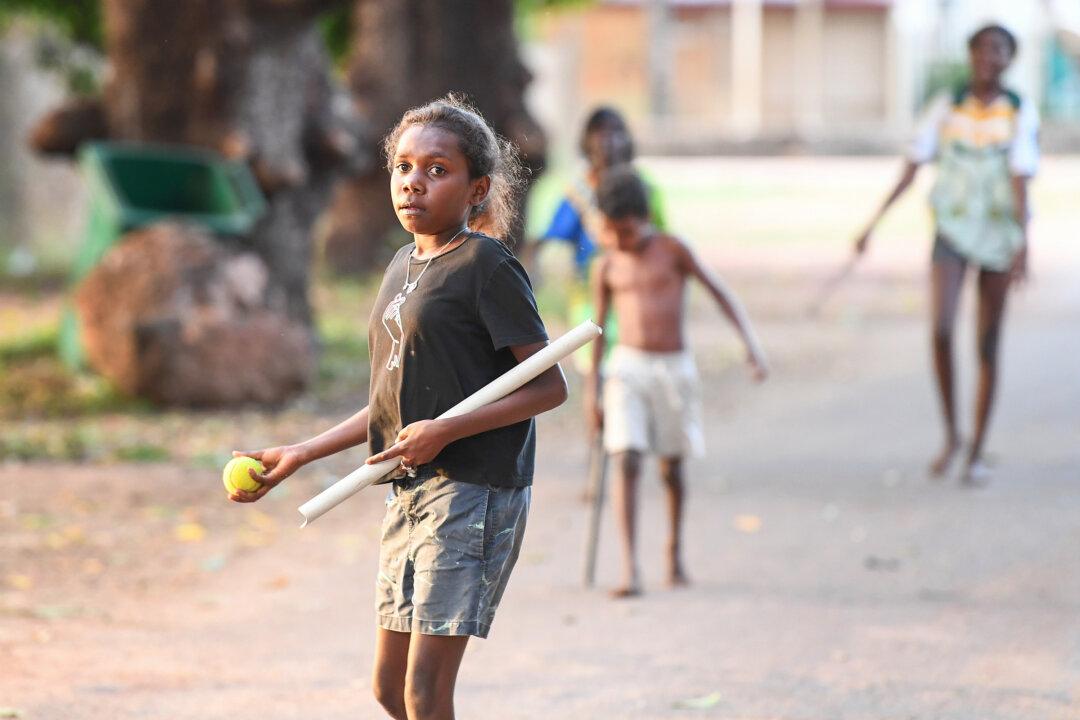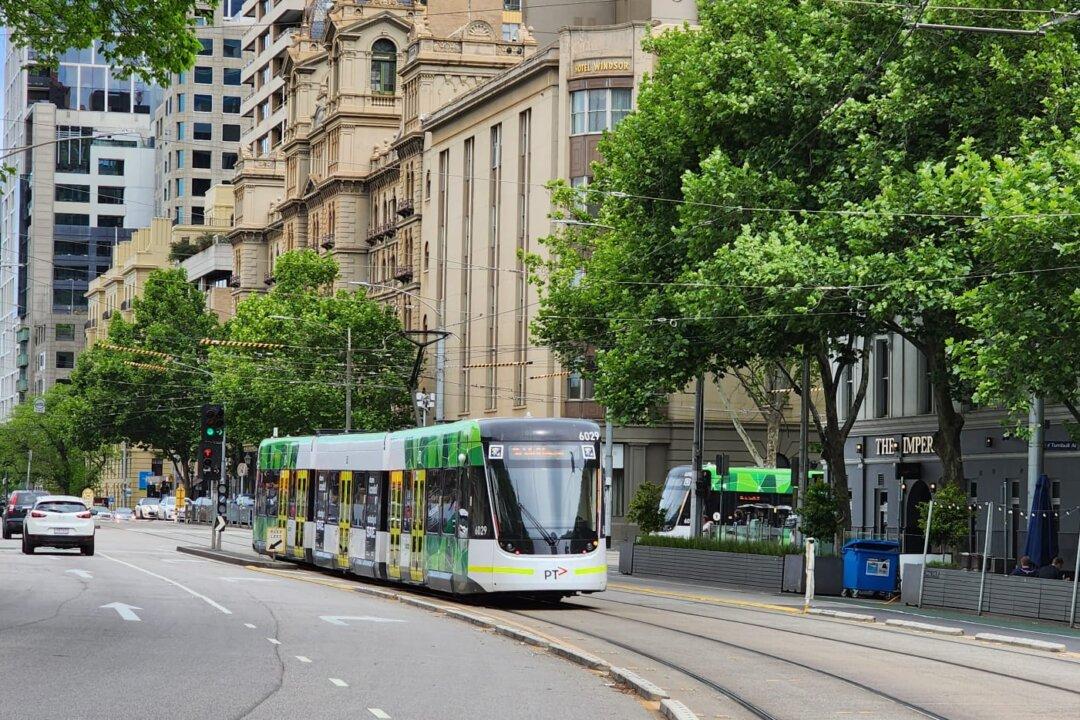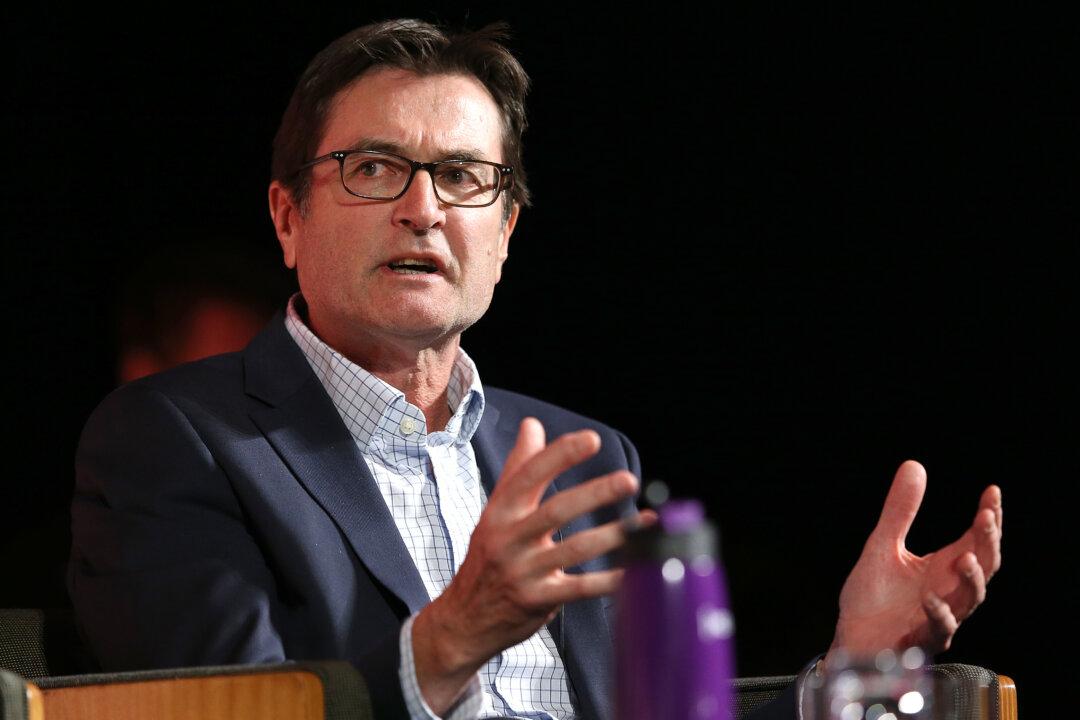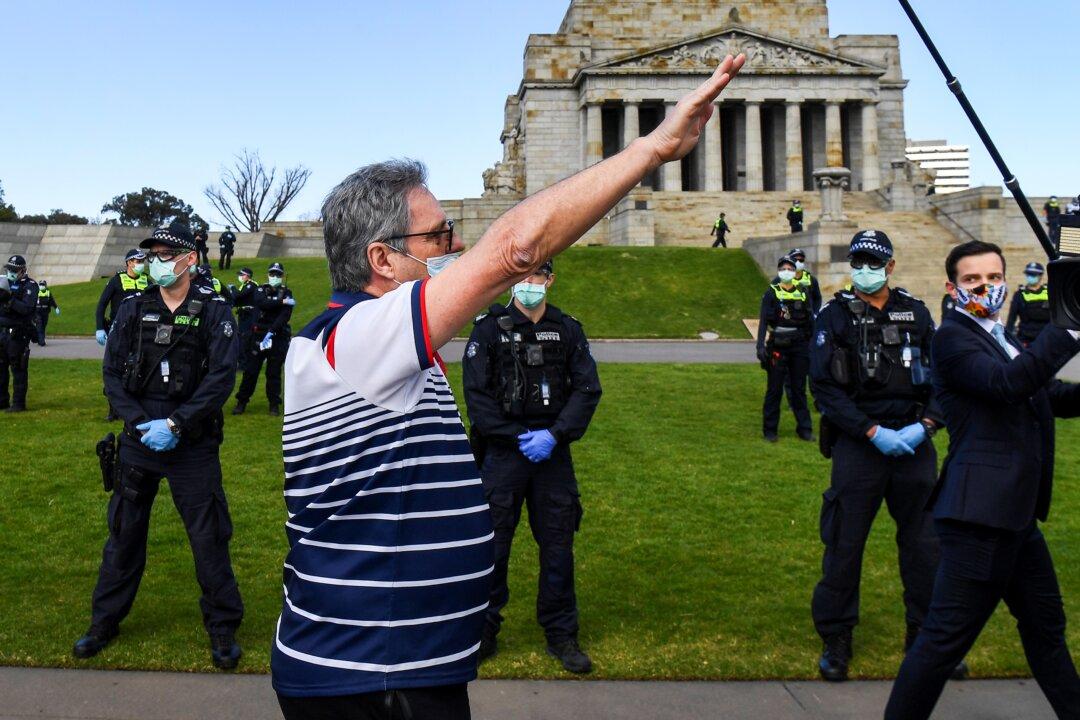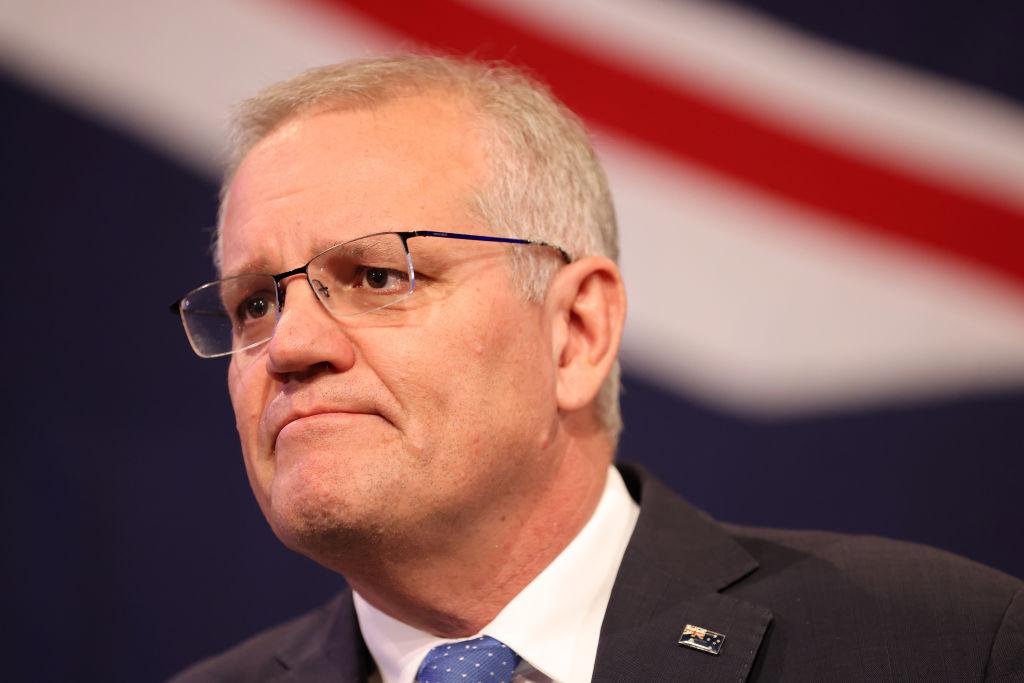The Queensland government will face two class action lawsuits for failing to reunite Indigenous families affected by child protection laws.
The lawsuits, led by Cairns-based English Bottoms Lawyers’ Jerry Tucker, accuse the government of failing to support Aboriginal children in learning and practising their culture, language or connection to the country.
